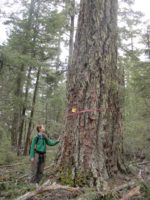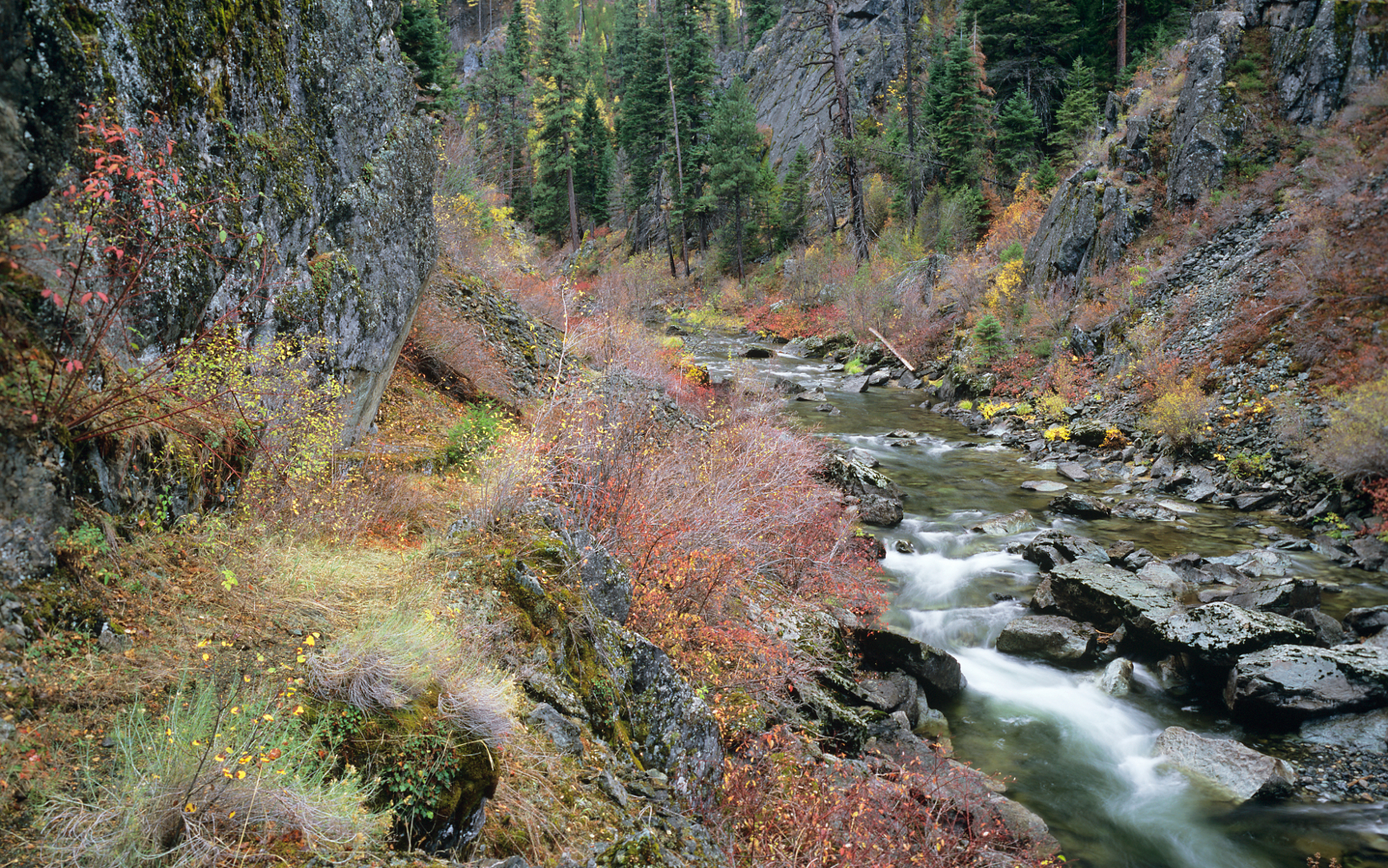Old-Growth Timber Sale Above Rogue River Deemed Illegal
Federal Judge Finds BLM Failed to Consider Approach to Reducing Fire Threat

On the evening of July 2, Oregon Federal District Judge Michael McShane issued a legal order effectively halting the “Lower Graves” old-growth timber sale proposed above the popular lower Rogue River in the Grants Pass Resource Area of the Medford BLM District. The 571-acre timber sale targeted mature and old-growth forests for partial cutting and “regeneration” logging in which forest canopy and wildlife habitat would be removed, and the fire hazard would be increased with the establishment of fire-prone, dense timber plantations.
“It is remarkable, but not surprising, that in 2019 BLM timber sale planners are still pushing to log fire-resistant ancient forests that will dramatically increase the fire hazard for the area,” said Nick Cady, Legal Director for Cascadia Wildlands. “It is irresponsible of the BLM to pursue a political old-growth logging agenda as communities in southwest Oregon are working to create landscapes more resilient to wildfire.”
“Conservation organizations tried to work with the BLM during the planning process to protect rather than destroy these forests,” observed George Sexton, Conservation Director for KS Wild. “We proposed a dry forest restoration alternative that would have focused on fuels reduction and timber plantation thinning to reduce fire hazard,” he continued. “But the BLM’s extreme timber agenda seems to preclude responsible forestry.”
The BLM’s refusal to consider a reasonable dry forest restoration alternative to their oldgrowth clearcutting was their undoing in this case as the federal court held that public lands managers cannot simply ignore the need to reduce, rather than increase, fire hazard on these public lands.
Oregon Wild Communications Manager Arran Robertson noted that, “Throughout the Northwest, communities and forest managers are coming together to thin timber plantations and reduce fire risk near homes and structures. The BLM needs to get with the program. The agency’s single-minded focus on timber production is a relic of the last century. We need to get past the fight over old-growth forests and start doing the necessary work repairing previously logged forests that are now more susceptible to wildlfire.”
Conservation plaintiffs in the case included the Klamath-Siskiyou Wildlands Center (KS Wild), Cascadia Wildlands and Oregon Wild. These non-profit forest advocacy organizations were represented by attorneys Nick Cady and Marianne Dugan.

